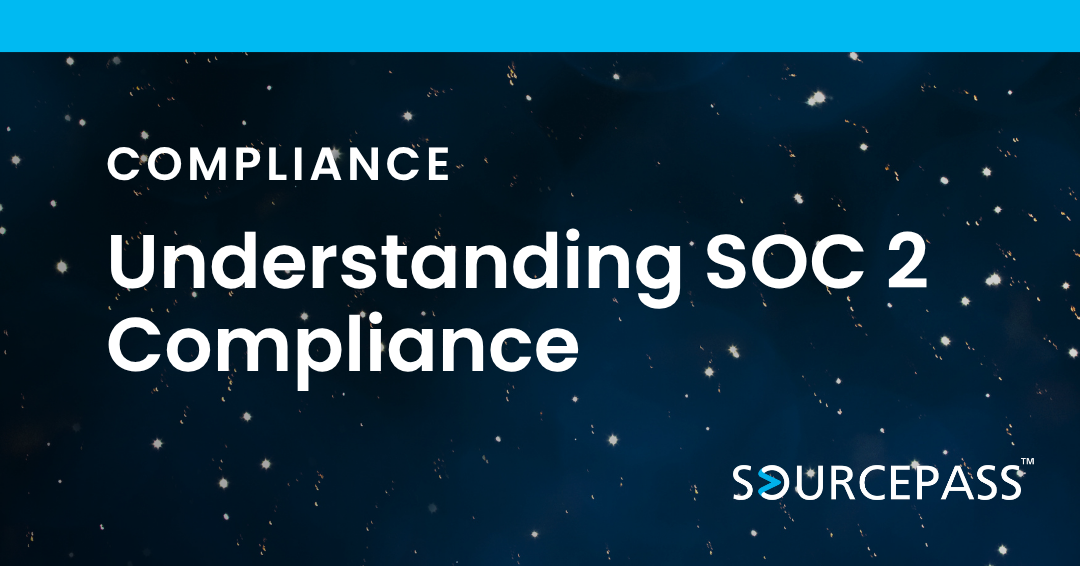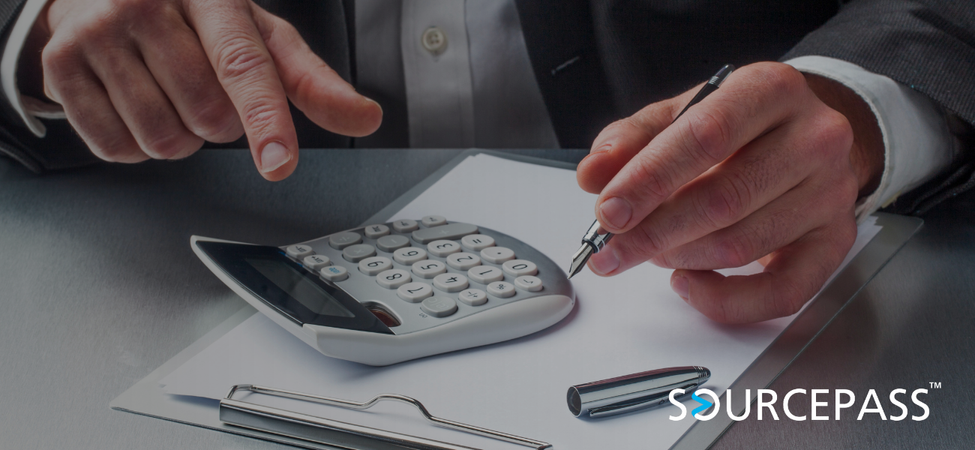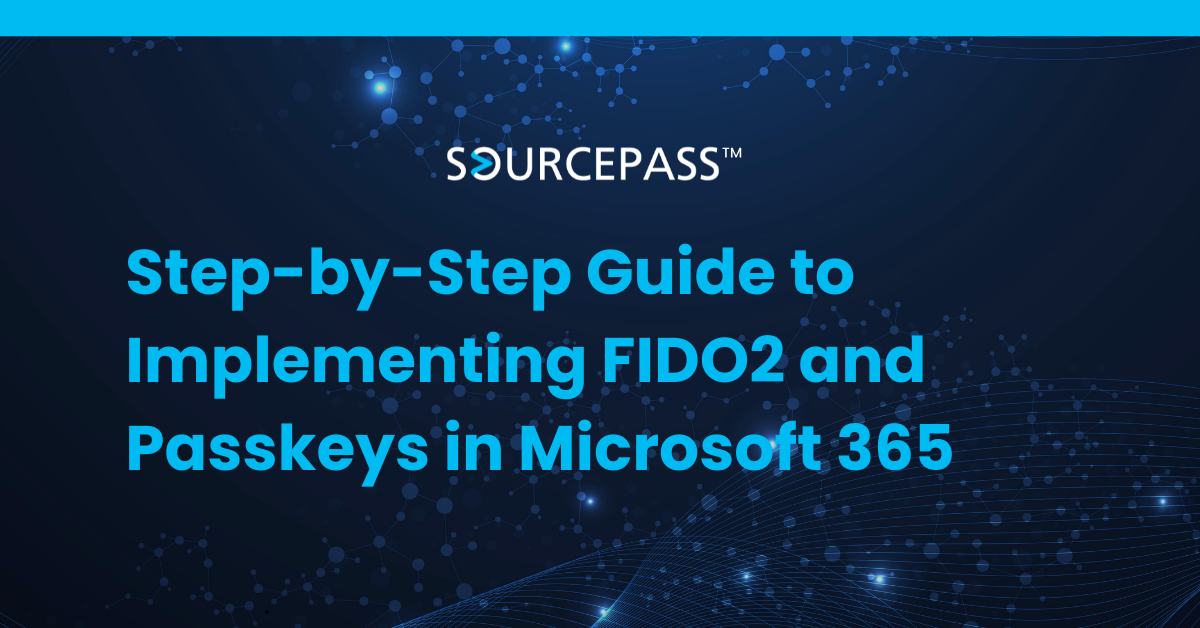Understanding SOC 2 Compliance: What It Is and Why It Matters for Cybersecurity
Jul 10, 2025 Alex Davis Compliance Regulations 1 min read



What Is SOC 2 Compliance?
Service Organization Control 2 (SOC 2) is a compliance standard developed by the American Institute of Certified Public Accountants (AICPA) for assessing and ensuring security, availability, processing integrity, confidentiality, and privacy in service organizations. SOC 2 compliance is designed to protect sensitive customer data stored and processed by cloud service providers and other technology companies.
Industries Affected by SOC 2
SOC 2 compliance is essential for any business handling sensitive customer data, including:
- Cloud Service Providers (AWS, Google Cloud, Microsoft Azure, SaaS companies)
- Healthcare Organizations (handling patient records and medical data)
- Financial Services (banks, fintech, payment processors)
- Technology and Software Companies (especially SaaS platforms)
- Legal and Consulting Firms (managing confidential client data)
- E-commerce and Retail (handling customer payment and personal information)
Compliance Requirements and Key Components
SOC 2 compliance is built around five Trust Service Criteria (TSC):
1. Security
- Implement firewalls, intrusion detection, and access controls.
- Use encryption for data in transit and at rest.
2. Availability
- Maintain system uptime and performance monitoring.
- Have disaster recovery and incident response plans in place.
3. Processing Integrity
- Ensure accurate, timely, and authorized data processing.
- Implement monitoring and quality assurance controls.
4. Confidentiality
- Restrict access to confidential information.
- Use data masking, encryption, and secure transmission protocols.
5. Privacy
- Follow strict data privacy policies and regulatory frameworks (e.g., GDPR, CCPA).
- Ensure proper data collection, storage, and deletion procedures.
The Role of IT and Cybersecurity in SOC 2 Compliance
IT and cybersecurity teams play a crucial role in achieving and maintaining SOC 2 compliance by:
- Identity and Access Management (IAM): Enforcing multi-factor authentication (MFA) and least privilege access.
- Continuous Monitoring: Deploying Security Information and Event Management (SIEM) systems.
- Incident Response: Developing and testing security incident response plans.
- Data Protection: Implementing encryption, secure backups, and data loss prevention (DLP) measures.
- Third-Party Risk Management: Ensuring vendors and partners adhere to SOC 2 security controls.
Why SOC 2 Compliance Matters
SOC 2 compliance demonstrates a company’s commitment to protecting customer data, improving security posture, and building trust with clients. Non-compliance can result in lost business opportunities, reputational damage, and increased cybersecurity risks.
Final Thoughts
Achieving SOC 2 compliance is essential for organizations that manage customer data and operate in cloud-based environments. By adopting robust IT security frameworks and best practices, businesses can meet compliance requirements and safeguard sensitive information effectively.
Subscribe To
Sourcepass Insights
Sourcepass Insights
Stay in the loop and never miss out on the latest updates by subscribing to our newsletter today!


